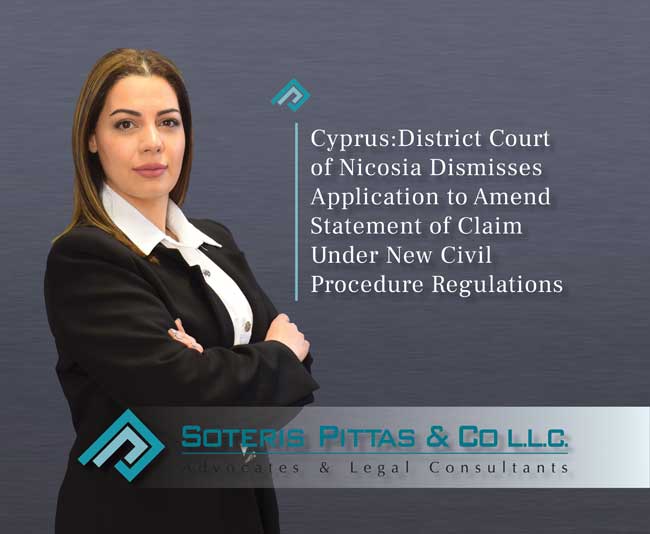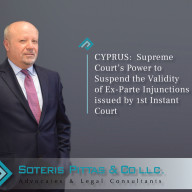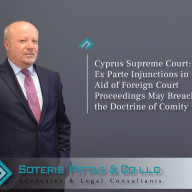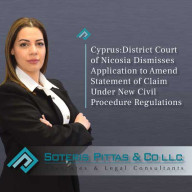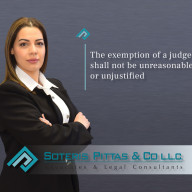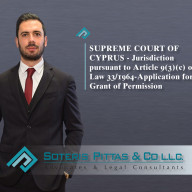In a recent judgment, the District Court of Nicosia dismissed an application by the Plaintiff to amend the Statement of Claim, applying the principles set out in the New Civil Procedure Regulations. The Court found that the proposed amendment was not in the interests of justice, taking into account the purpose of the proceedings, the timing of the application and the potential delay, and the prejudice likely to be caused to the opposing parties.
The issue arose after the Defendants filed applications to strike out the action on various grounds, including the alleged lack of sufficient particulars in the original pleading with respect to serious allegations such as fraud, deceit, and conspiracy. In response, the Plaintiff filed an application to amend the Statement of Claim approximately four months later. However, the Court noted that the Plaintiff failed to provide an adequate explanation for the delay or to clarify why the need for amendment had not been identified when the initial claim was drafted and filed.
Although the Plaintiff asserted that the amendment sought only to limit certain claims and add further particulars, the Court decided that the proposed changes introduced entirely new causes of action, new factual allegations, and extensive alterations that effectively amounted to a new and substantially different claim.
In its reasoning, the Court confirmed that older case law such as Cobbold v London Borough of Greenwich no longer constitutes good law. Instead, it relied on more recent case law, particularly Pearce v East and North Hertfordshire NHS Trust [2020], which reflects the modern approach to amendments. According to the Court, the overriding objective under the New Civil Procedure Regulations is to ensure that litigation is conducted fairly, efficiently, and proportionately. The ability to amend a statement of case must be assessed in light of this objective.
In reaching its decision, the Court carefully weighed the consequences for both sides. It considered the impact on the Plaintiff, of being denied the opportunity to pursue a substantially different action based on revised facts and legal theories. At the same time, it assessed the prejudice to the Defendants, who would be called upon to defend a materially different case and while other legal proceedings are pending. Ultimately the Court dismissed the application for amendment as it was not in accordance with the overriding purpose of the rules.
For further information on this topic please contact
Mrs. Anna Lamprou( alamprou@pittaslegal.com ) at SOTERIS PITTAS & CO LLC,
by telephone (+357 25 028460) or by fax (+357 25 028461)
The content of this article is intended to provide a general guide to the subject matter. Specialist advise should be sought about your specific circumstances.
